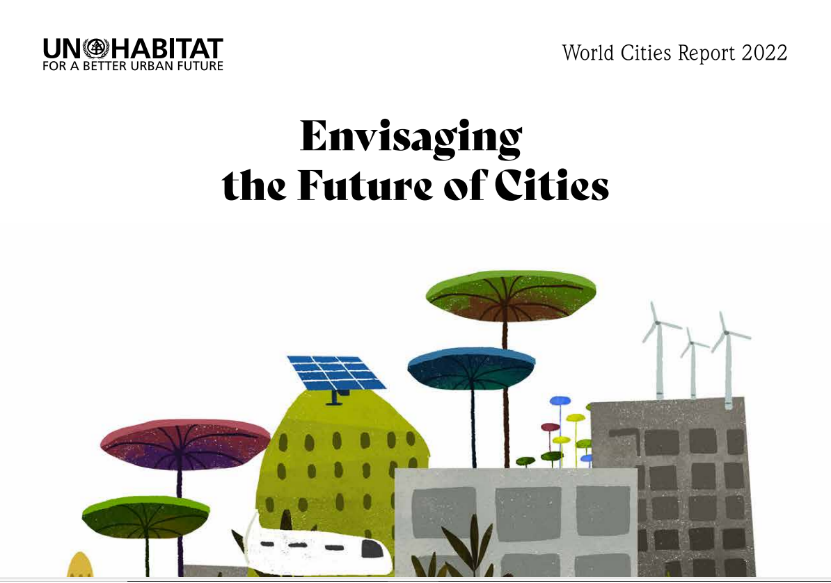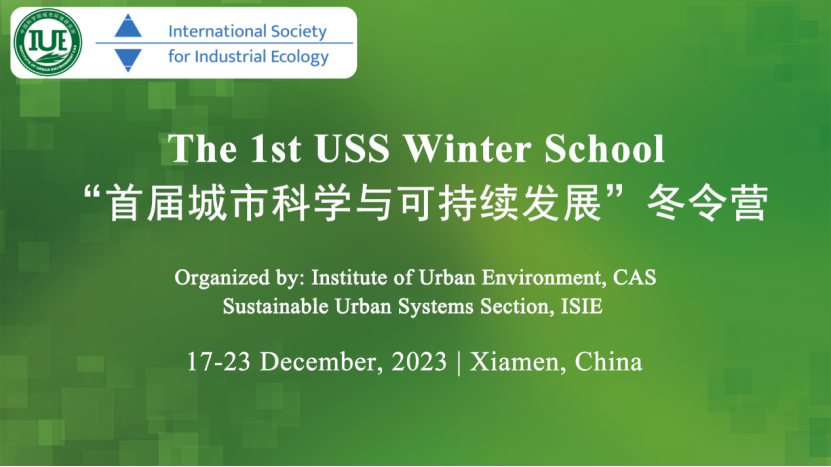Transcending divides to sustain cities and urban science
William Burnside
Jul. 20, 2023, 20:00 – 21:30 (Beijing Time)
Jul. 20, 2023, 08:00 – 09:30 (New York Time)
Thank you all for your invaluable support! This online meeting can accommodate up to 300 participants.
In case anyone encounters difficulties accessing the meeting room, kindly use the live streaming link on the platform: https://www.koushare.com/lives/room/283913
We genuinely appreciate your cooperation and eagerly anticipate sharing the captivating content of the meeting with each one of you!
William Burnside is editor-in-chief of Nature Cities. He has long-standing interests in how people, among other organisms, live in and interact with our environments, especially urban ones. Bill joined Nature Sustainability in 2017 as an associate editor and then senior editor, covering agriculture, conservation, life and Earth science, and urban science. Previously, he was a postdoctoral fellow at the US National Socio-environmental Synthesis Center (SESYNC), from which grew a recently-published edited anthology of classic works, Foundations of Socio-Environmental Research: Legacy Readings with Commentaries. His PhD in biology (ecology) was awarded by the University of New Mexico, where he studied large-scale human ecology and the influence of metabolic constraints on ecological patterns and processes, collaborating with scholars in anthropology, computer science, ecology and physics. Before his doctoral work, he edited environmental and life science textbooks and earned an MS in natural resources and environment from the University of Michigan and a BA in human biology (concentration on human-environment interactions) from Stanford University. Bill is based in the New York office.
Abstract:
Cities, sustainability, and science, though seemingly fundamentally different, have intriguing commonalities. All are multilayered, interactive, and evolving. So, then, for these and other reasons, is the science of cities and of urban sustainability, the subject of this lecture series. Most talks here highlight the research of the speaker and their collaborators, and for good reason. I hope mine will complement these by suggesting how such research can come together and the synergistic value of doing so.



